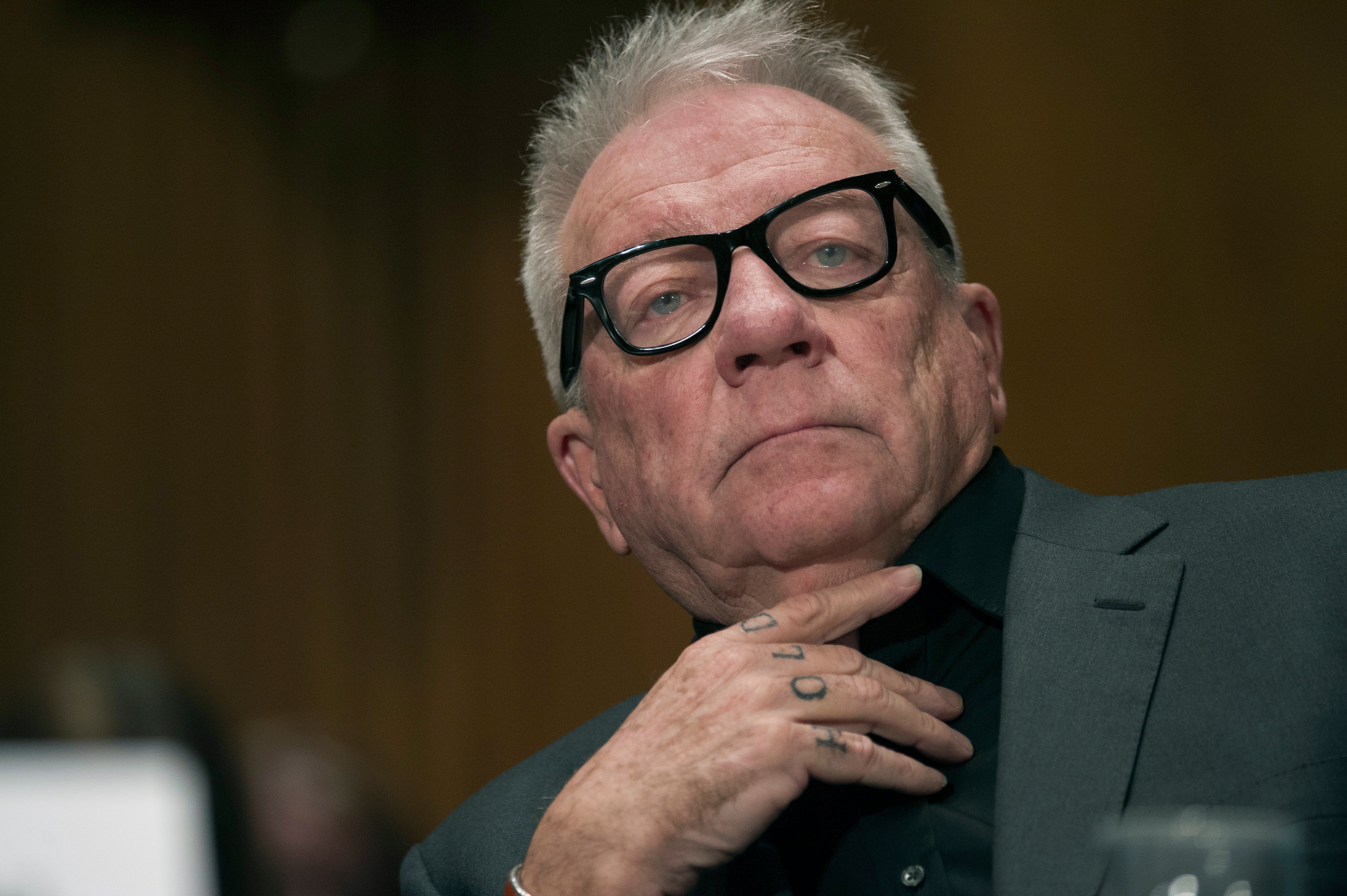Backpage founder will face Arizona retrial on charges he participated in scheme to sell sex ads
Federal prosecutors in Arizona will retry a co-founder of the lucrative classified site Backpage

Federal prosecutors in Arizona said Tuesday they will retry a co-founder of the lucrative classified site Backpage.com on dozens of prostitution facilitation and money laundering charges that alleged he participated in a scheme to sell sex ads.
A jury in mid-November 2023 convicted Michael Lacey of one count of international concealment money laundering, acquitted him on another money laundering count and deadlocked on 84 other charges.
That marked the second trial for Lacey, whose first trial ended in a mistrial after a judge concluded in 2021 that prosecutors had too many references to child sex trafficking in a case where no one faced such a charge.
On Tuesday, prosecutors filed a formal notice of retrial in federal court in Phoenix in compliance with a deadline U.S. Judge Diane Humetewa set in an order on Jan. 10.
“The United States files this notice of intent to retry Defendant Michael Lacy on the 84 counts for which the jury was unable to reach a verdict and requests that the court set the case for retrial,” U.S. Attorney Gary Restaino wrote in the five-page notice.
Lacey's lawyer, Paul Cambria, declined comment just after the notice was filed late Tuesday.
“I have none at the moment,” he told The Associated Press.
Lacey, 75, was previously tried on a total of 86 criminal counts in the case against him and four other Backpage employees.
John Brunst, Backpage’s chief financial officer, was convicted of one count of conspiracy to violate the Travel Act — a federal law barring the use of interstate commerce to facilitate prostitution in violation of state laws — and more than 30 money laundering counts.
Scott Spear, executive vice president for the site, was convicted of one count of conspiracy to violate the Travel Act, more than a dozen counts of facilitation of prostitution and about 20 money laundering counts.
Two other former Backpage employees were acquitted of a conspiracy charge and dozens of counts of facilitation of prostitution.
Before launching Backpage, Lacey founded the Phoenix New Times weekly newspaper with James Larkin, who was charged in the case and died by suicide in late July about a week before the second trial against Backpage’s operators was scheduled to begin.
Lacey and Larkin held ownership interests in other weeklies such as The Village Voice and ultimately sold their newspapers in 2013. But they held onto Backpage, which authorities say generated $500 million in prostitution-related revenue from its inception in 2004 until 2018, when it was shut down by the government.
Prosecutors had argued that Backpage’s operators ignored warnings to stop running prostitution ads, some involving children. The operators were accused of giving free ads to sex workers and cultivating arrangements with others who worked in the sex trade to get them to post ads with the company.
Backpage’s operators said they never allowed ads for sex and assigned employees and automated tools to try to delete such ads. Their legal team maintained the content on the site was protected by the First Amendment.
Prosecutors also said Lacey used cryptocurrency and wired money to foreign bank accounts to launder revenues earned from the site’s ad sales after banks raised concerns that they were being used for illegal purposes.
A U.S. Government Accountability Office report released in June 2021 said the FBI’s ability to identify victims and sex traffickers had decreased significantly after Backpage was seized by the government, because law enforcement was familiar with the site and Backpage was generally responsive to requests for information.
In 2018, the site’s sales and marketing director, Dan Hyer, had pleaded guilty to conspiring to facilitate prostitution and acknowledged he participated in a scheme to give free ads to prostitutes to win over their business. Ferrer also pleaded guilty to a separate federal conspiracy case in Arizona and to state money laundering charges in California.
____
Associated Press writer Scott Sonner contributed to this report from Reno, Nevada.
Subscribe to Independent Premium to bookmark this article
Want to bookmark your favourite articles and stories to read or reference later? Start your Independent Premium subscription today.
